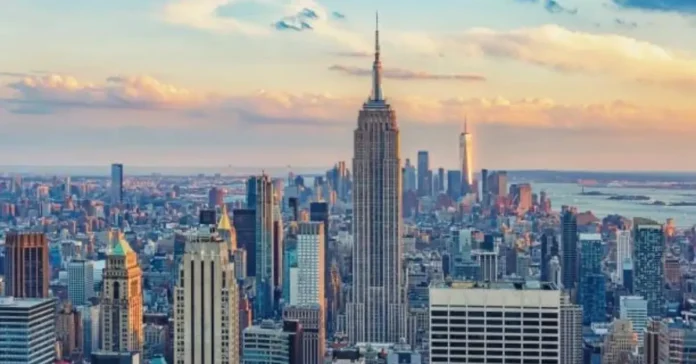Every U.S. city has a story, but often, the most fascinating aspect lies in how these cities got their names. From Native American words to European explorers and quirky legends, the names of U.S. cities reveal rich histories and diverse influences. Let’s explore the origins of some of the most iconic U.S. city names and how they came to be.
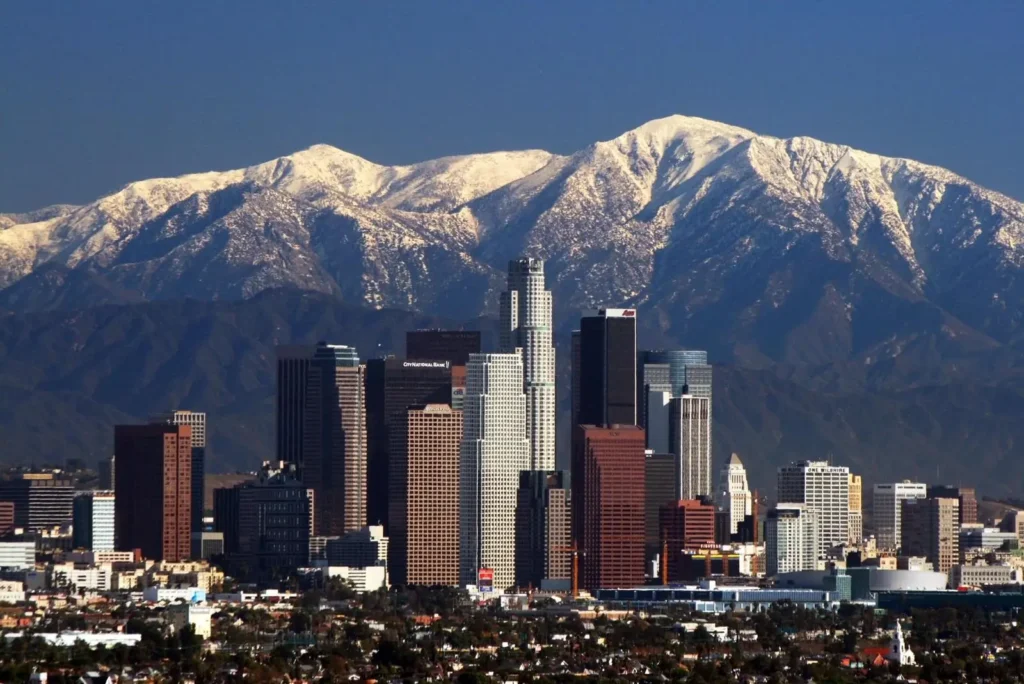
New York.
The name “New York” has royal roots. When the English took control of the Dutch colony of New Amsterdam in 1664, they renamed it New York in honor of the Duke of York (who later became King James II). The name stuck, and today, New York City is not only the largest city in the U.S. but also one of the most famous cities in the world.
King James
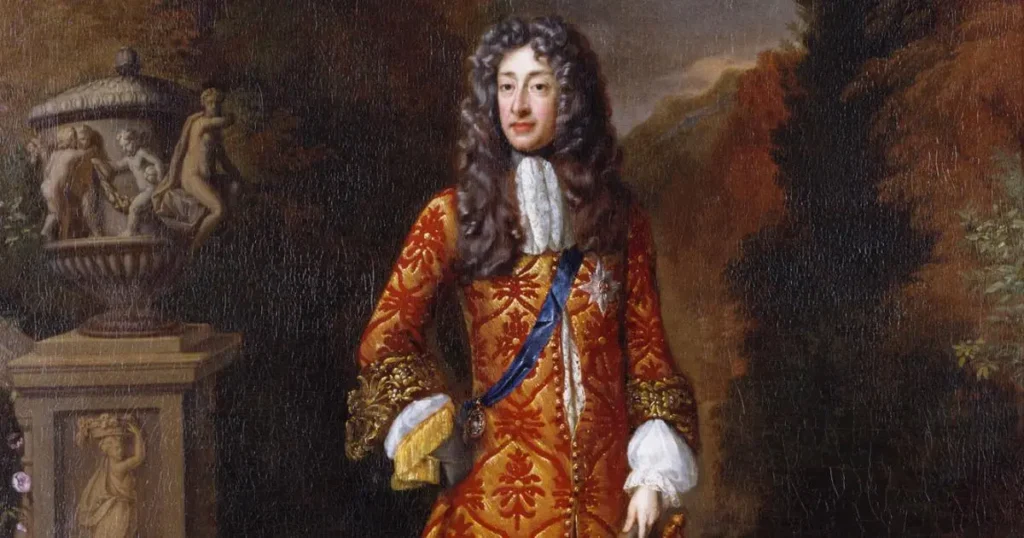
New Amsterdam became New York on September 8, 1664.
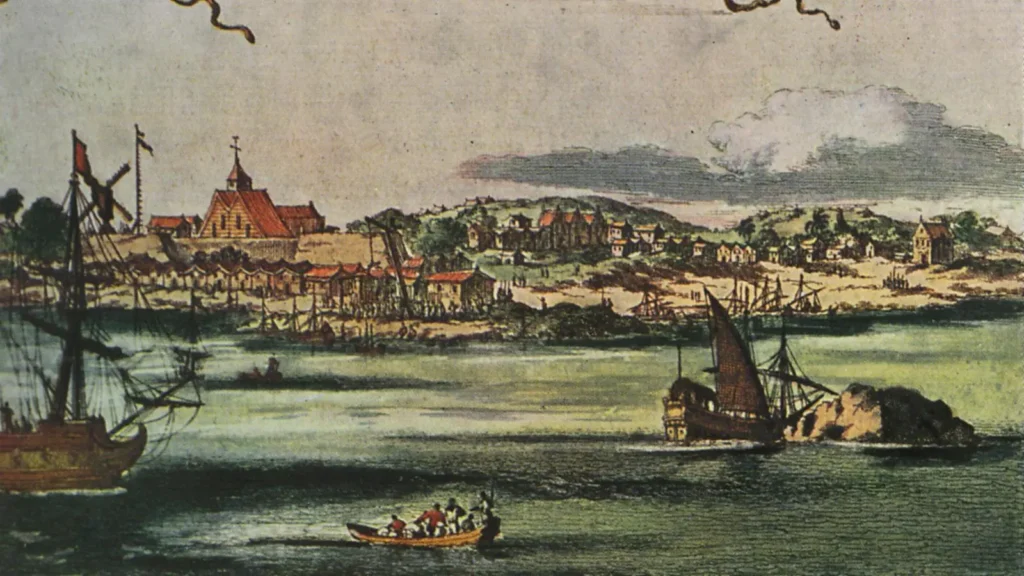
New Amsterdam became New York September 8, 1664.
Los Angeles, California.
The full name of Los Angeles when it was founded in 1781 was “El Pueblo de Nuestra Señora la Reina de los Ángeles,” which translates to “The Town of Our Lady the Queen of Angels.” The name reflects the deep Spanish and Catholic heritage of the area, as it was once part of the Spanish Empire. Over time, the name was shortened to just Los Angeles, or “The Angels.
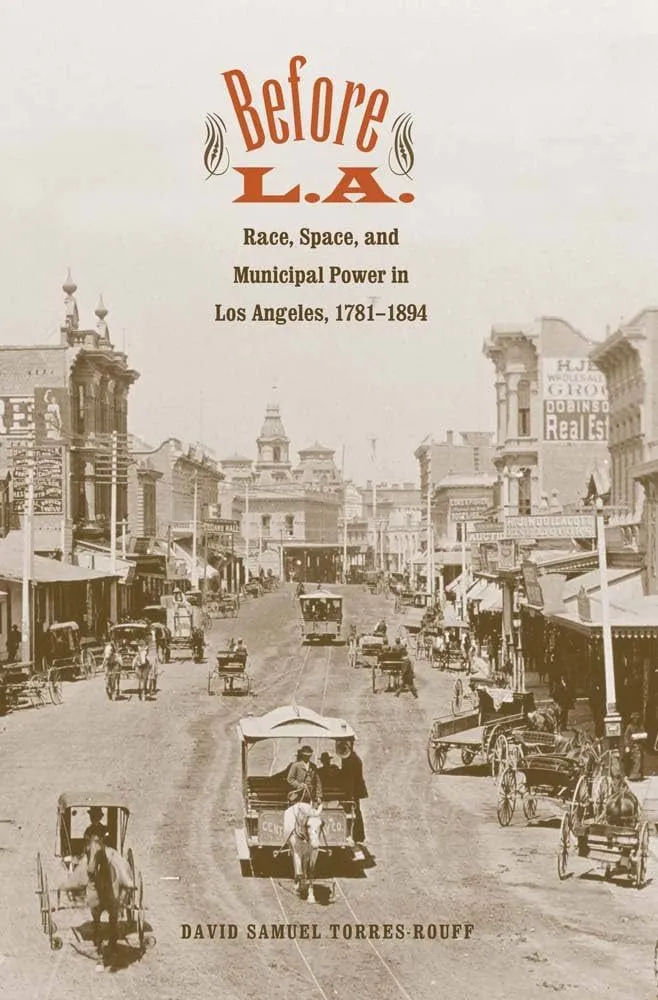
Chicago, Illinois.
Chicago’s name comes from a Native American word—”shikaakwa”—which means wild onion or wild garlic. The area was abundant with these plants when French explorers first arrived in the 1600s. The name evolved to become “Chicago,” now synonymous with deep-dish pizza, towering skyscrapers, and the Windy City’s unique vibe.
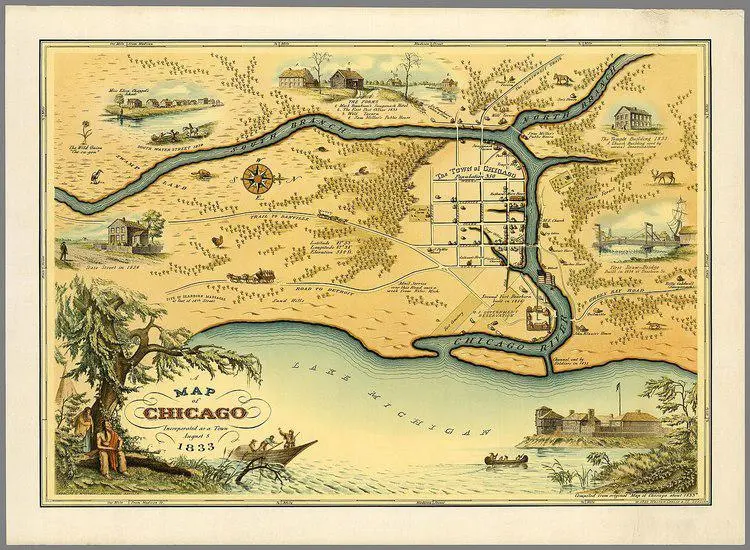
New Orleans, Louisiana.
Founded in 1718 by the French, New Orleans was named in honor of the Duke of Orleans, who ruled France as regent for King Louis XV at the time. The city’s French influence can still be seen today, from its architecture and food to the world-famous Mardi Gras celebrations.
Duke of Orleans
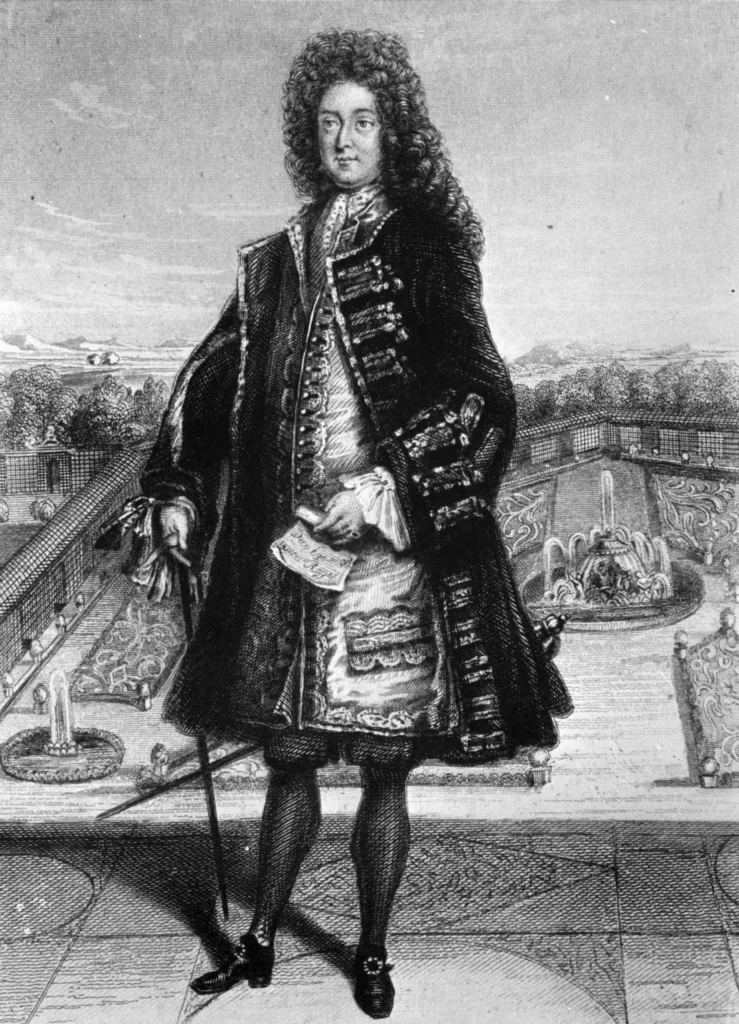
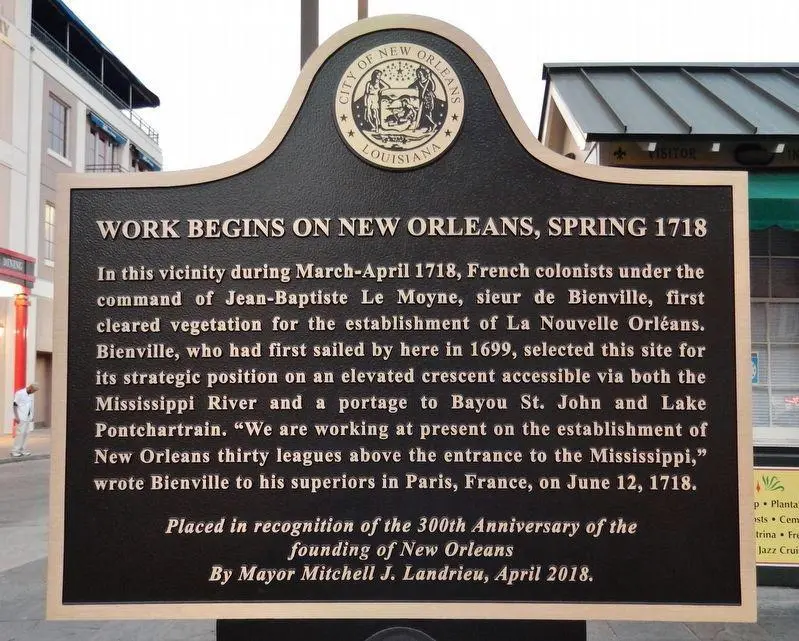
Philadelphia, Pennsylvania.
The name Philadelphia is derived from the Greek words “phileo” (love) and “adelphos” (brother), meaning “The City of Brotherly Love.” It was chosen by William Penn, who founded the city in 1682, as a reflection of his Quaker ideals of religious tolerance and peaceful coexistence. Today, Philly is known for its rich history, including being home to the Liberty Bell and Independence Hall.
Aug. 30, 1682: William Penn’s first trip to Pennsylvania.
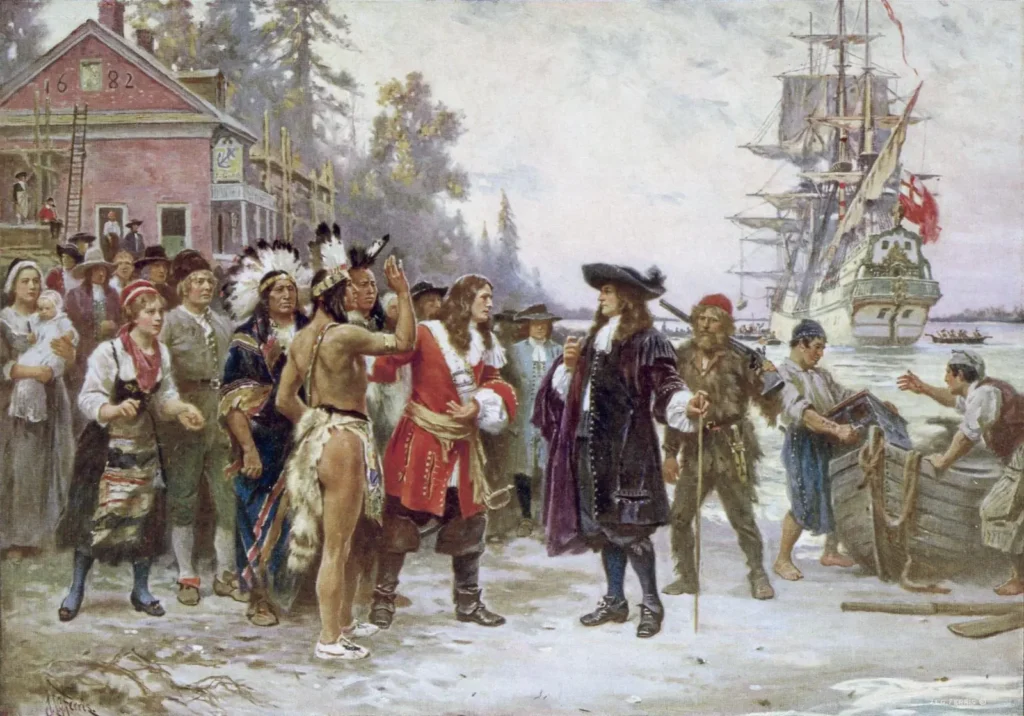
San Francisco, California.
San Francisco was originally a Spanish mission named “La Misión de Nuestro Padre San Francisco de Asís,” founded in 1776. The city was named after Saint Francis of Assisi, the patron saint of animals and nature. Over the years, the name was shortened to San Francisco, a city that would become the heart of the California Gold Rush and a hub of cultural diversity.
California in 1776.
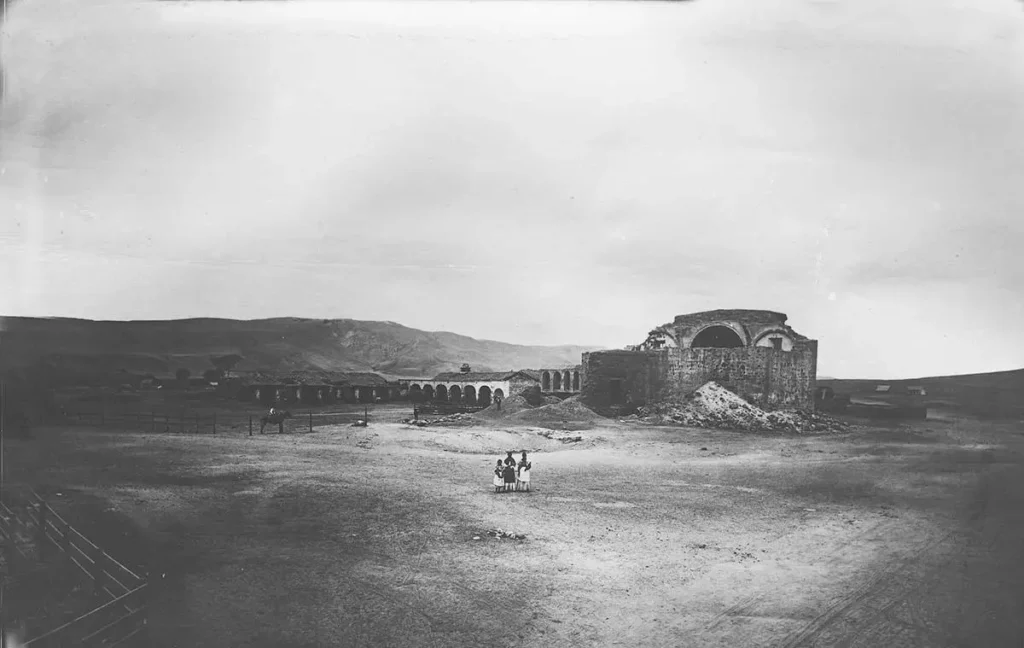
Seattle, Washington.
Seattle is named after Chief Si’ahl (often anglicized as “Seattle”), a leader of the Suquamish and Duwamish Native American tribes in the Pacific Northwest. Chief Seattle was known for his strong leadership and his efforts to foster peaceful relations between Native Americans and the European settlers who arrived in the mid-1800s. The city honors his legacy with this iconic name.
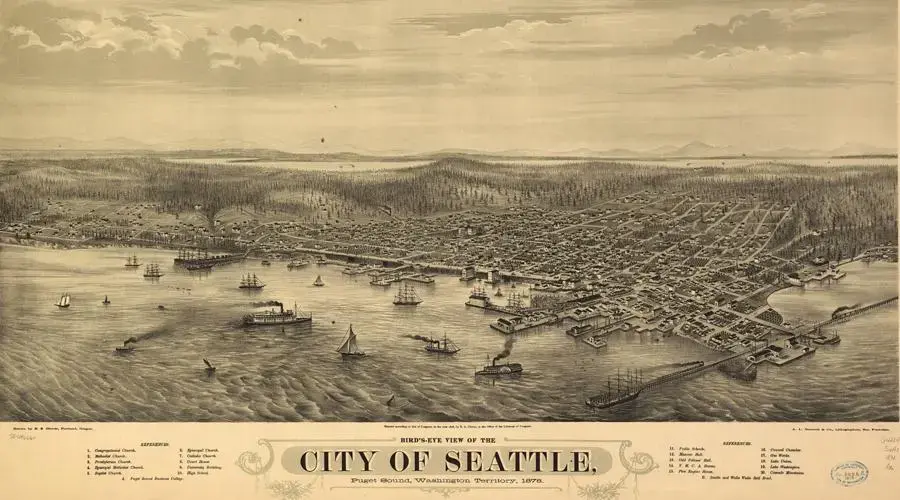
Phoenix, Arizona.
Phoenix’s name is a reference to the mythical bird that rises from its ashes, symbolizing rebirth. The city was founded on the ruins of a previous civilization, the Hohokam, who had built an extensive canal system. Early settlers, led by Jack Swilling, thought it fitting to name the new city Phoenix as it emerged from the remnants of an ancient past.
The Phoenix’s (the mythical bird that rises from its ashes, symbolizing rebirth.)
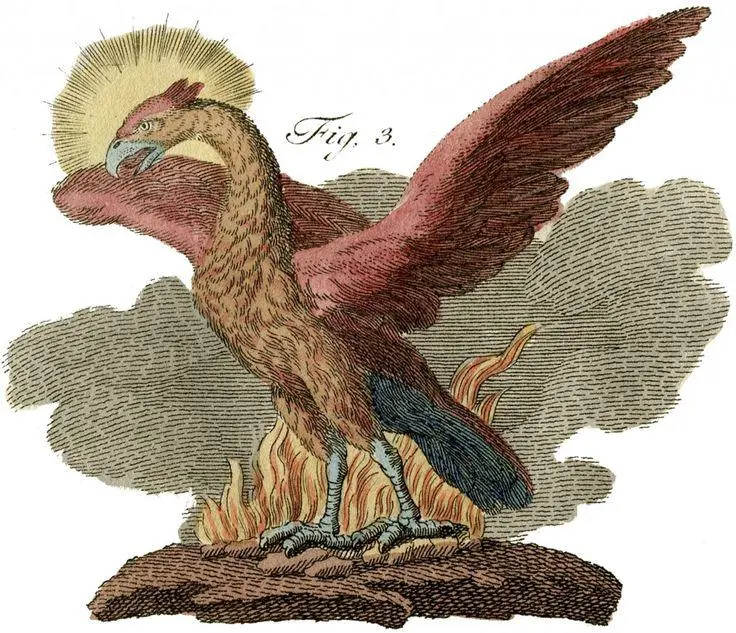
Phoenix, Arizona in 80s
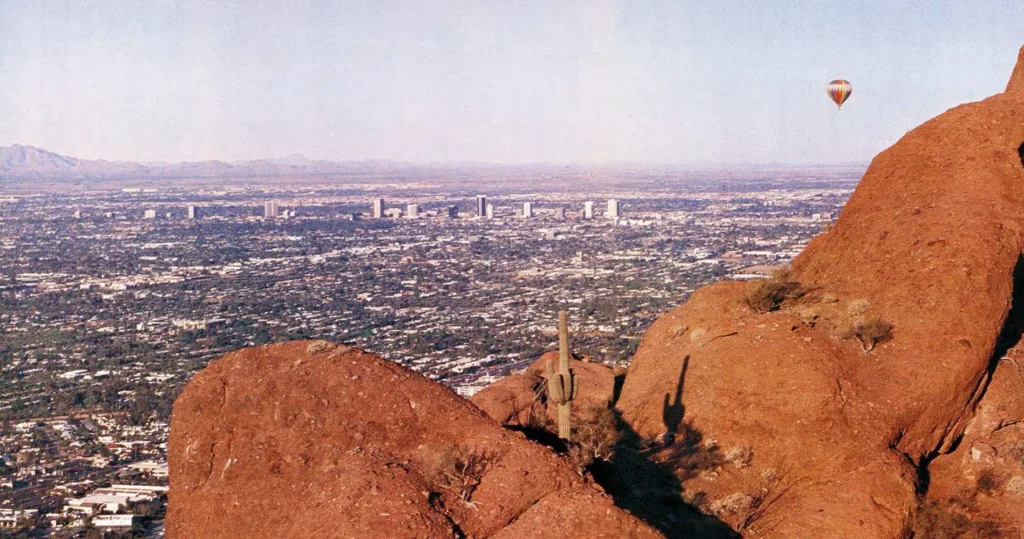
Denver, Colorado.
Denver was named after James W. Denver, a Kansas territorial governor. However, there’s a twist: the town founders hoped to curry favor with Governor Denver to secure the town as a county seat, but by the time they named the city after him in 1858, Denver had already resigned from his position. The name stuck regardless, and Denver is now the Mile-High City, celebrated for its proximity to the Rocky Mountains
James W. Denver.
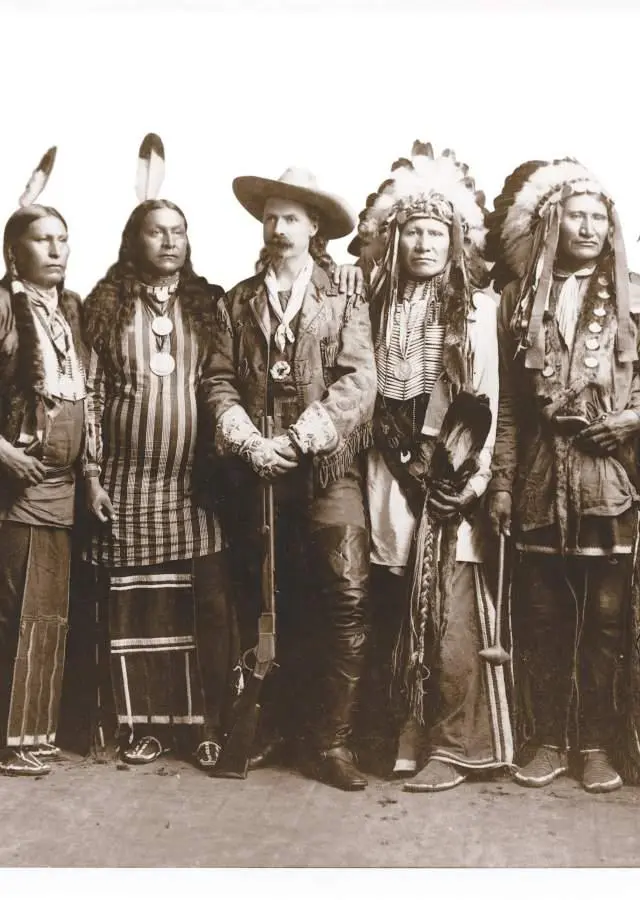
Las Vegas, Nevada.
Las Vegas means “The Meadows” in Spanish. Early Spanish explorers gave it this name due to the lush, green meadows fed by natural springs in the area. While the original vegetation is mostly gone, the name remains, now evoking images of neon lights, casinos, and world-class entertainment.
Las Vegas, Nevada then and Now.
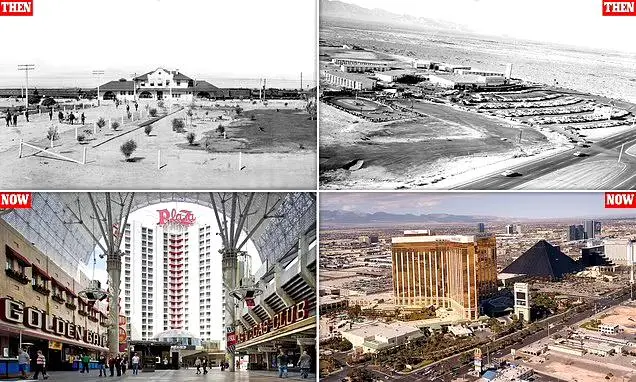
Miami, Florida.
The name Miami comes from the Native American tribe known as the Mayaimi, who lived around Lake Okeechobee. The name itself means “big water,” a fitting description for a city surrounded by the Atlantic Ocean, Biscayne Bay, and the Everglades. Miami has since transformed into an international hub for tourism, arts, and culture.
Belle Isle and the Venetian Causeway, c. 1960s
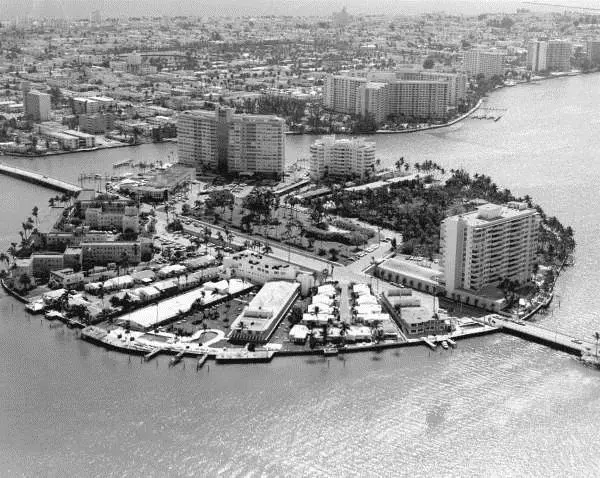
Conclusion
The names of U.S. cities often carry with them tales of history, honor, and transformation. Whether it’s a nod to native cultures, a tribute to royalty, or a representation of the land itself, these names are more than just labels—they’re living histories. Next time you travel to one of these cities, take a moment to think about the stories embedded in their names. You might find that the name gives you a new perspective on the place itself.

